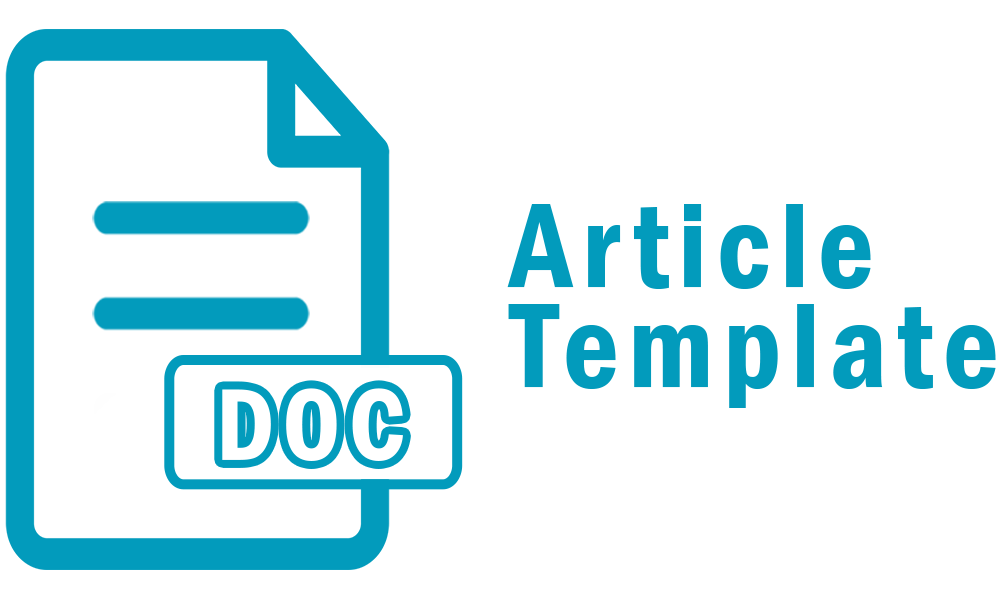1. Ethical Guidelines
- Compliance: Adherence to ethical standards in research and publication, including those set by the Committee on Publication Ethics (COPE) or similar bodies.
- Transparency: Clear guidelines on ethical practices are usually provided for authors, reviewers, and editors.
2. Author Responsibilities
- Originality: Submissions must be original and not published elsewhere. Plagiarism or self-plagiarism is strictly prohibited.
- Authorship: All contributors who meet the criteria for authorship should be listed. Contributors who do not meet authorship criteria should be acknowledged appropriately.
- Disclosure: Authors must disclose any conflicts of interest that could influence their research or its interpretation.
- Ethical Approval: Research involving human subjects or animals must have appropriate ethical approvals and consent. Authors should provide evidence of such approvals.
3. Reviewer Responsibilities
- Confidentiality: Reviewers must treat manuscripts as confidential and not disclose or use the information for personal gain.
- Objectivity: Reviews should be unbiased and based on the scientific merit of the work. Reviewers should avoid personal or professional conflicts of interest.
- Constructive Feedback: Reviewers should provide constructive, respectful, and detailed feedback to help authors improve their work.
4. Editor Responsibilities
- Decision-Making: Editors should make publication decisions based on the quality and originality of the work, without bias. Decisions should be based on peer review reports and the journal’s scope.
- Integrity: Editors should ensure that the review process is fair and that all submitted manuscripts receive an unbiased evaluation.
- Conflict of Interest: Editors must disclose any potential conflicts of interest and recuse themselves from handling submissions where they have a conflict.
5. Handling Misconduct
- Investigation: The journal should have procedures in place for investigating allegations of research misconduct, such as plagiarism, fabrication, or falsification of data.
- Retraction: If misconduct is confirmed, the journal should issue a retraction or correction, depending on the nature and extent of the issue.
- Correction: Errors that do not constitute misconduct but affect the accuracy of the published work should be corrected through errata or corrigenda.
6. Publication Ethics in Open Access
- Fees and Transparency: Open access journals should clearly disclose any publication fees (e.g., Article Processing Charges) and ensure there are no hidden costs.
- Access and Reuse: Compliance with licensing agreements, such as Creative Commons licenses, to ensure that published work is accessible and can be reused appropriately.
7. Data Sharing and Reproducibility
- Data Availability: Authors are encouraged to make their data available for verification and replication of results, unless there are confidentiality or ethical reasons preventing this.
- Reproducibility: Research should be conducted and reported in a manner that allows others to reproduce the results.
8. Editorial Independence
- Freedom from Influence: Editorial decisions should be based solely on the merits of the research and not influenced by external pressures or personal interests.
9. Publication Corrections and Updates
- Timeliness: Corrections, updates, and errata should be published in a timely manner to ensure that the scientific record is accurate and current.
10. Author and Reviewer Feedback
- Engagement: Authors and reviewers should be encouraged to provide feedback on the editorial process, which can help improve the journal’s practices and policies.














